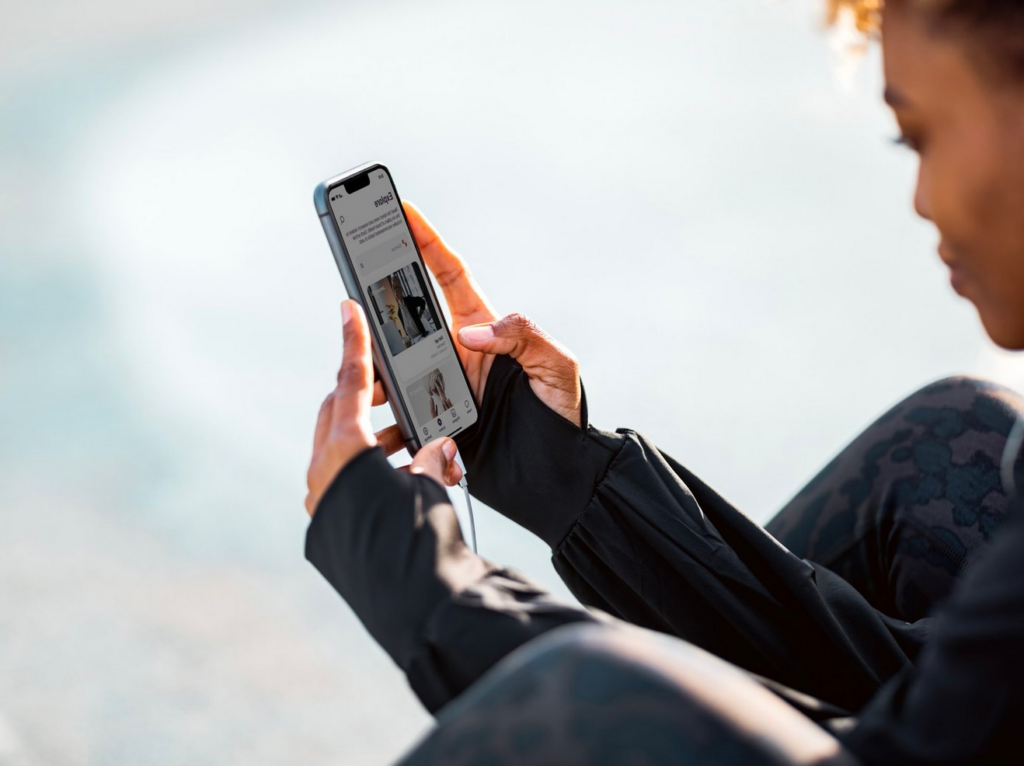The statistics are startling. Almost 70 per cent of people living with Alzheimer’s disease are women. However, up to 40 per cent of all cases of dementia may be avoided by lifestyle choices. With this in mind, Women’s Brain Health Initiative (WBHI), a Canadian and U.S. charitable foundation, received a financial contribution from the Public Health Agency of Canada to launch a comprehensive cross-channel dementia awareness campaign. With the goal of empowering people of all ages to be proactive about their own brain health, WBHI engaged Lora Appel, assistant professor of digital health, to support the design and evaluation of a new app, the signature component of the campaign. The result is BrainFit, a unique habit tracker designed to help users prolong their cognitive vitality.
Lynn Posluns, the founder, President, and CEO of WBHI, wants to dispel the idea that dementia is simply an old person’s disease. “What we know is that the earlier you start to engage in healthy lifestyle choices, the stronger the proactive effect this will have when you’re in your 80s and 90s.”

WBHI has two main goals: to support research into women’s brain health and to create compelling preventative education programs that empower the public to create healthy habits that can ideally tackle dementia before it starts. When WBHI wanted to try new ways of getting this important health information out to the public, they consulted Lora Appel.
For the last six years, Appel’s research lab has focused on designing Virtual Reality interventions to manage quality of life, well-being, and behavioural and psychological symptoms in older adults with cognitive sensory ability impairments.
“My work involves therapeutic interventions to help people manage once they already have a condition like dementia,” explains Appel. “But through that work, and through designing technology, and user-centred design, we thought it would be a good fit with women's brain health.”
User-centred design is a priority in Appel’s work. What this means is when developing a product, the intended users of that product are involved in its development. “You listen to their needs,” she says, “and then you try to design tools that meet those needs.” This holds true in her work with older adults, including those experiencing dementia and their caregivers, and in her work supporting the development of WBHI’s BrainFit app.
At its core, BrainFit is a free habit-tracking app; this was driven by feedback from test users. “First, people like to understand their habits,” says Appel, “and then they can change them,” she says. This unique app prompts the user in various ways to incorporate specific components of the Six Pillars of Brain Health into their daily routine: social activity, sleep, mental stimulation, exercise, nutrition, and stress reduction.
Depending on the user’s learning style, BrainFit can be used for daily reminders for drinking enough water, for instance. But it also contains links to the research connected to the pillars. As Lynn Posluns says, “It’s very user friendly, but it’s also always informed by the science.”
BrainFit - Habit Tracker launches for both Android and iPhone on December 2, which is Women’s Brain Health Day.
